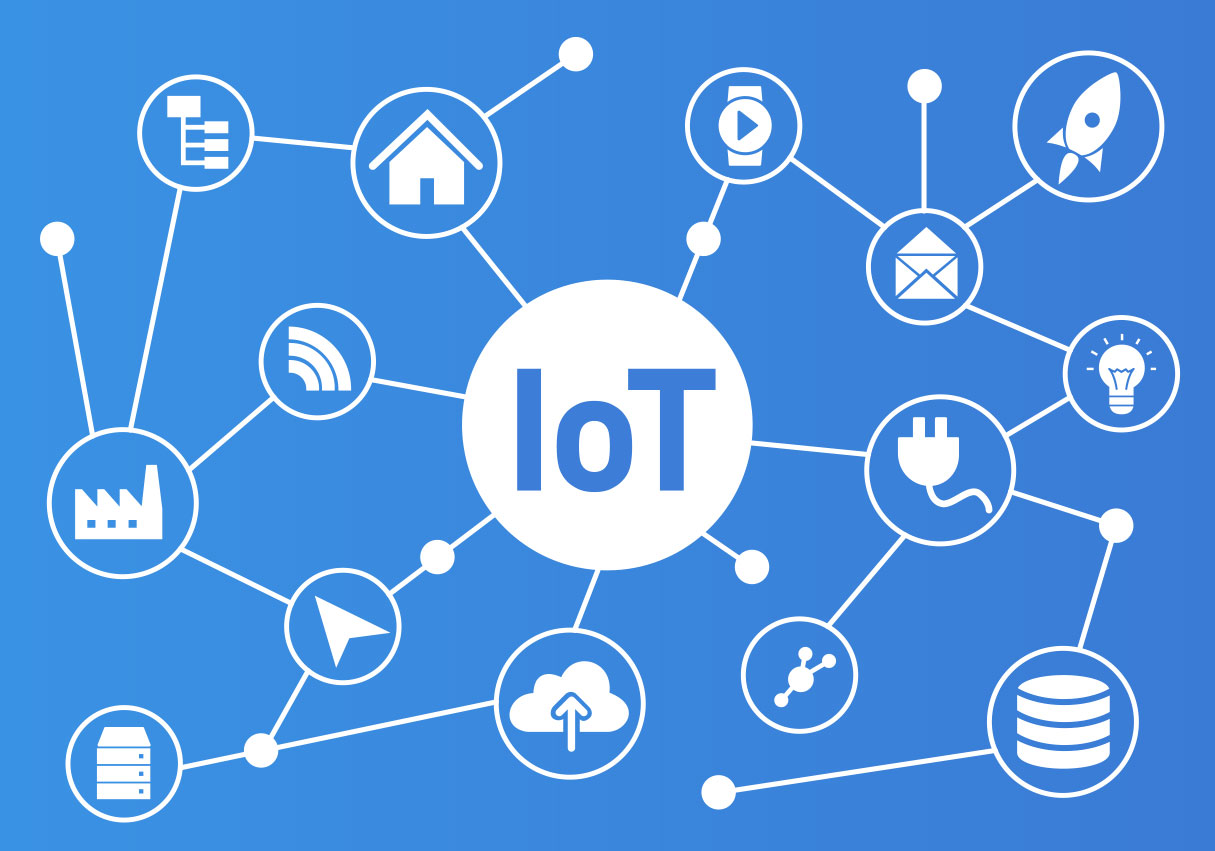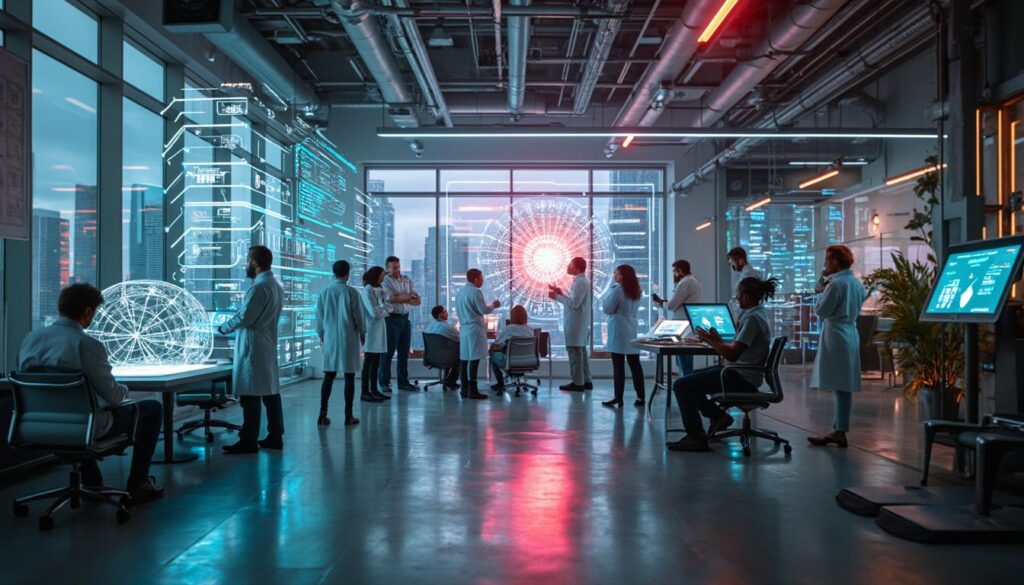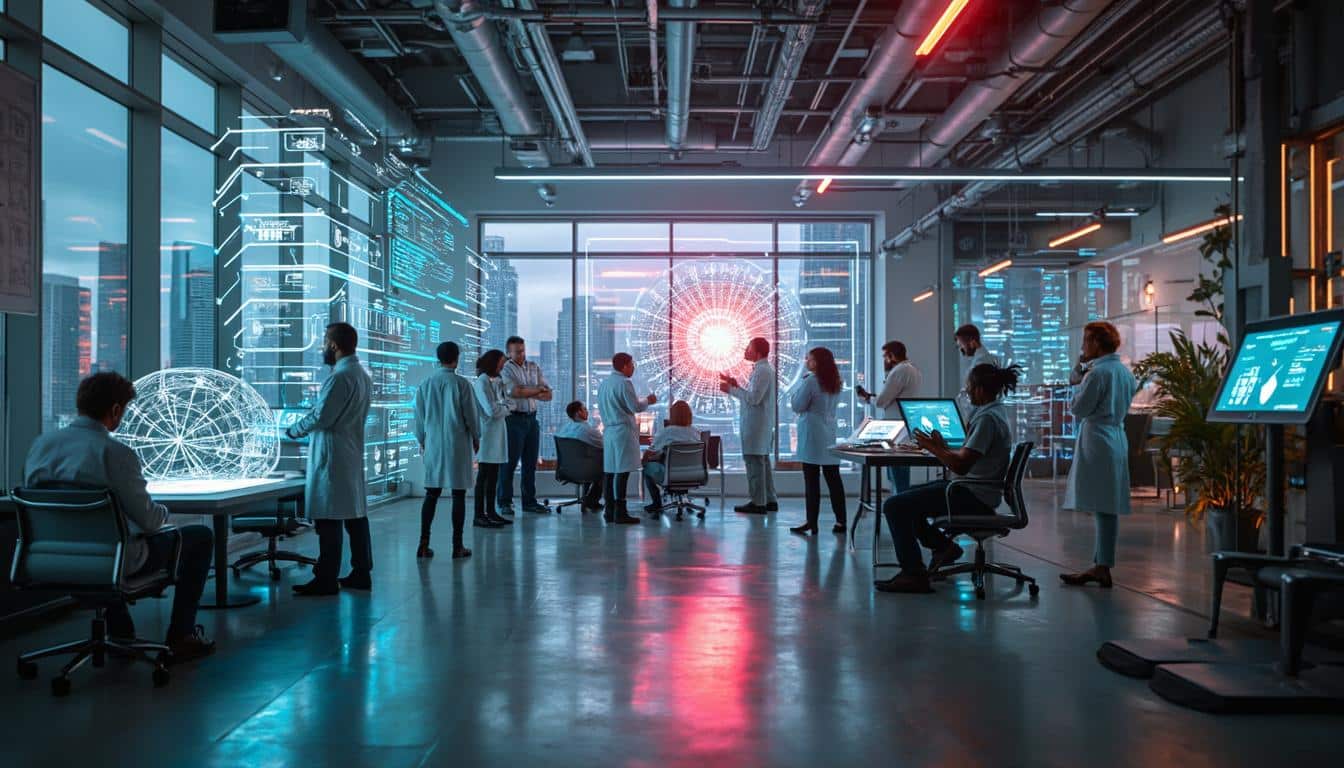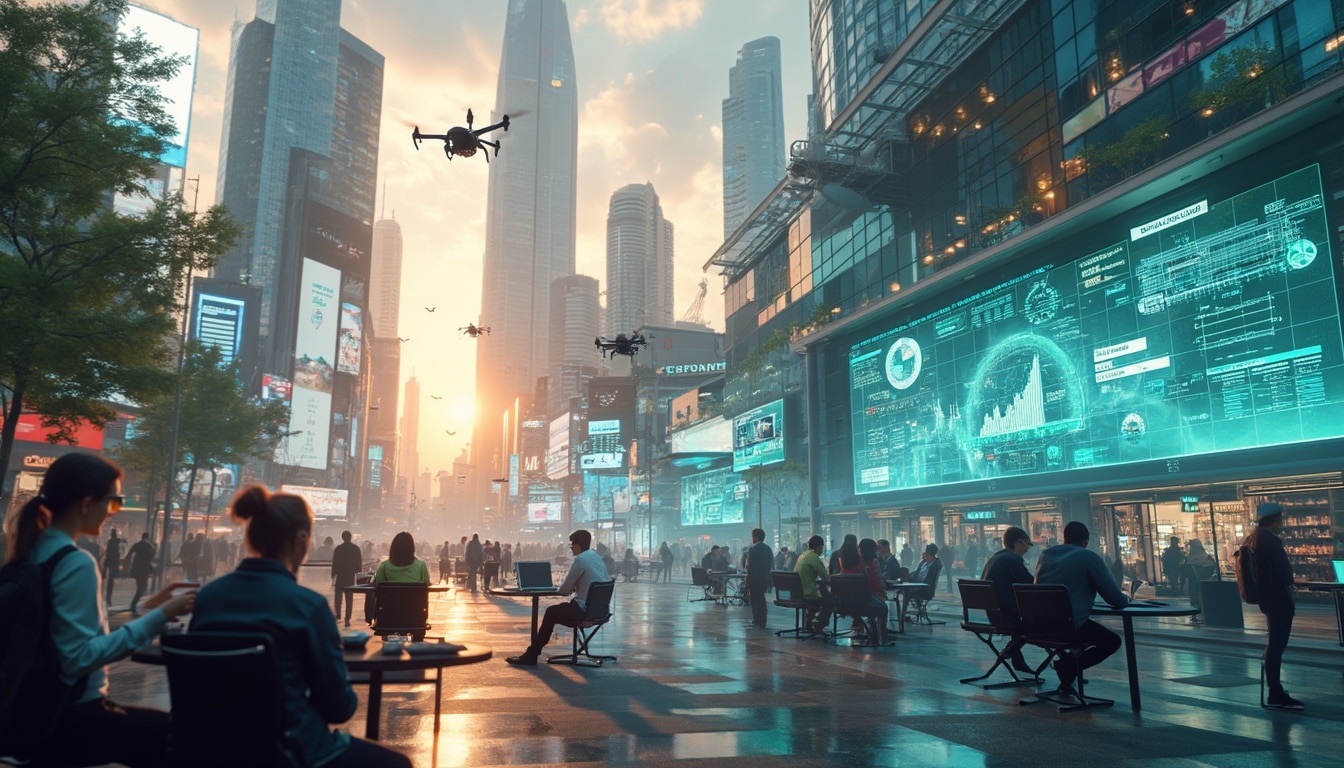Table of Contents
ToggleImpact of the Internet of Things on Daily Life
Digitalization, enhanced by the Internet of Things (IoT), has a significant impact on our daily lives. Thanks to the interconnectivity of various devices, we are witnessing a transformation in our interactions with technology, making our daily routines easier and more efficient.
Improvement of Home Efficiency: In our homes, connected objects such as smart thermostats, connected light bulbs, and voice assistants facilitate the management of our environment. For example, a smart thermostat can learn our habits and automatically adjust the temperature, thereby optimizing energy consumption.
Connected Health: The healthcare sector is also benefiting from IoT with devices such as smartwatches and intelligent medical equipment. These tools allow for continuous monitoring of users’ health, alerting both patients and doctors in case of anomalies.
Transportation Optimization: IoT technologies are impacting how we move around. Connected vehicles, equipped with sensors, can communicate with each other to improve road safety and reduce traffic jams. Additionally, ride-sharing applications use real-time data to optimize routes.
Smart City: Large cities are integrating IoT into their development with smart infrastructure. This includes traffic management systems, adaptive public lighting networks, and environmental data collection, thereby improving the quality of life for citizens.
Energy Consumption: Industries are also using IoT to improve their energy efficiency. Sensors installed on machines monitor energy consumption in real time, identify waste, and make informed decisions to reduce costs.
Digitalization through IoT offers a multitude of opportunities that transform our ways of living, working, and interacting with our environment. Every day, these innovations bring us closer to a world where interconnectivity provides comfort and efficiency in all aspects of our lives.
Home Automation and Smart Home Management
Digitalization profoundly transforms our daily lives, particularly through the Internet of Things (IoT). This phenomenon connects various devices and systems, allowing for a more intuitive and efficient management of our environment.
One area where the impact of IoT is particularly visible is in home automation. The use of connected devices encourages the emergence of smart homes, where each element can interact to improve our comfort, security, and energy efficiency.
Here are some notable benefits of home automation:
- Remote Control: The ability to manage your home from your smartphone, whether it’s adjusting the heating, turning off the lights, or locking doors.
- Energy Savings: Optimizing energy consumption through systems that learn your habits and adjust settings accordingly.
- Enhanced Security: Remote monitoring via connected cameras and smart alarms, allowing for alerts and immediate actions in case of intrusion.
- Improved Comfort: Automation of daily tasks, like turning on lights or opening curtains, creating an atmosphere suited to your needs.
Adopting these technologies in our daily lives is not just about comfort; it is also a way to modernize our homes while ensuring their energy efficiency and safety. The transformation of the home through IoT is therefore a step towards a more connected and sustainable future.
Connected Health Applications and Well-Being
Digitalization has taken significant strides in our daily lives, particularly due to the emergence of the Internet of Things (IoT). This technology connects various devices, thereby transforming our way of living, working, and interacting with our environment. In healthcare, this transformation is particularly pronounced, offering innovative solutions that enhance well-being and health issue management.
Connected health applications are now accessible, enabling real-time monitoring of various health parameters. Here are some concrete examples:
- Smartwatches: They track physical activity, monitor heart rate, and provide alerts for any anomalies.
- Sleep Sensors: These devices analyze sleep cycles, providing valuable data to improve rest quality.
- Teleconsultation Applications: These tools allow patients to consult doctors remotely, thus reducing the need for travel.
- Chronic Disease Monitoring Devices: Devices for diabetics, for example, can continuously monitor glucose levels, eliminating the need for repeated finger pricks.
Moreover, the use of collected data from these devices allows for treatment personalization and more precise patient monitoring. Healthcare professionals can thus make informed decisions based on real-time data, resulting in better quality care.
Mental well-being is also addressed, thanks to applications dedicated to meditation and stress management. These tools help users adopt healthier practices in their daily lives.
Finally, data security remains a major concern. It is essential for IoT solution providers to adopt robust measures to protect users’ sensitive information, ensuring a secure and reliable connected health experience.











